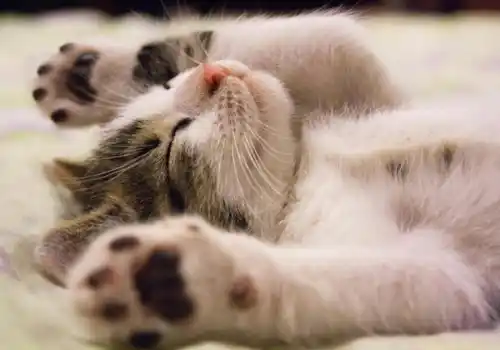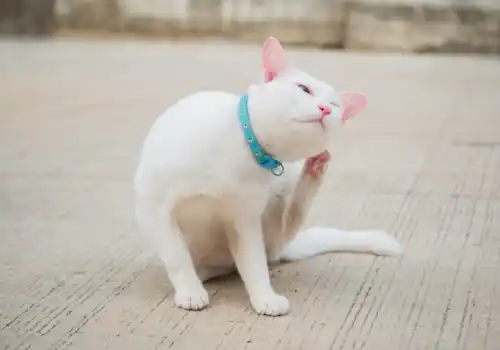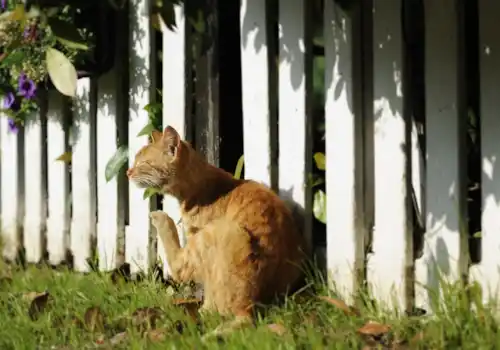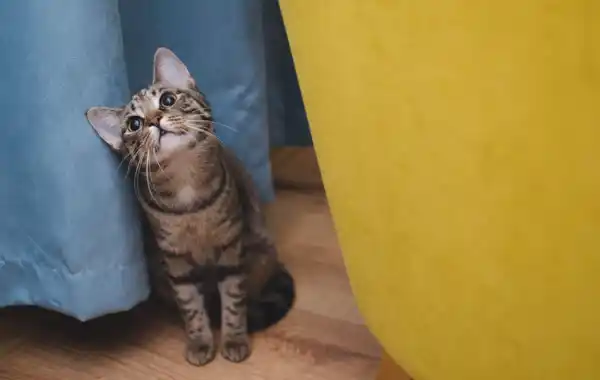Like living with anyone, small inconveniences can turn into pet hates pretty quickly when you’re permanently in close quarters of one another. While you may not notice them, and they can’t be communicated by your cat, it’s no different when living with a feline companion…
1. Picking them up when they didn’t ask
We’ll be the first to admit that cat cuddles are warm, cosy, and something you never want to stop. However constant occurrences of being scooped up in the air and become tedious and stressful for your cat over time. Especially when since they have no idea when it’s next coming. Instead, let your cat approach you first, and invite the process with a hand. If your cat is in the mood, they’ll let you know.
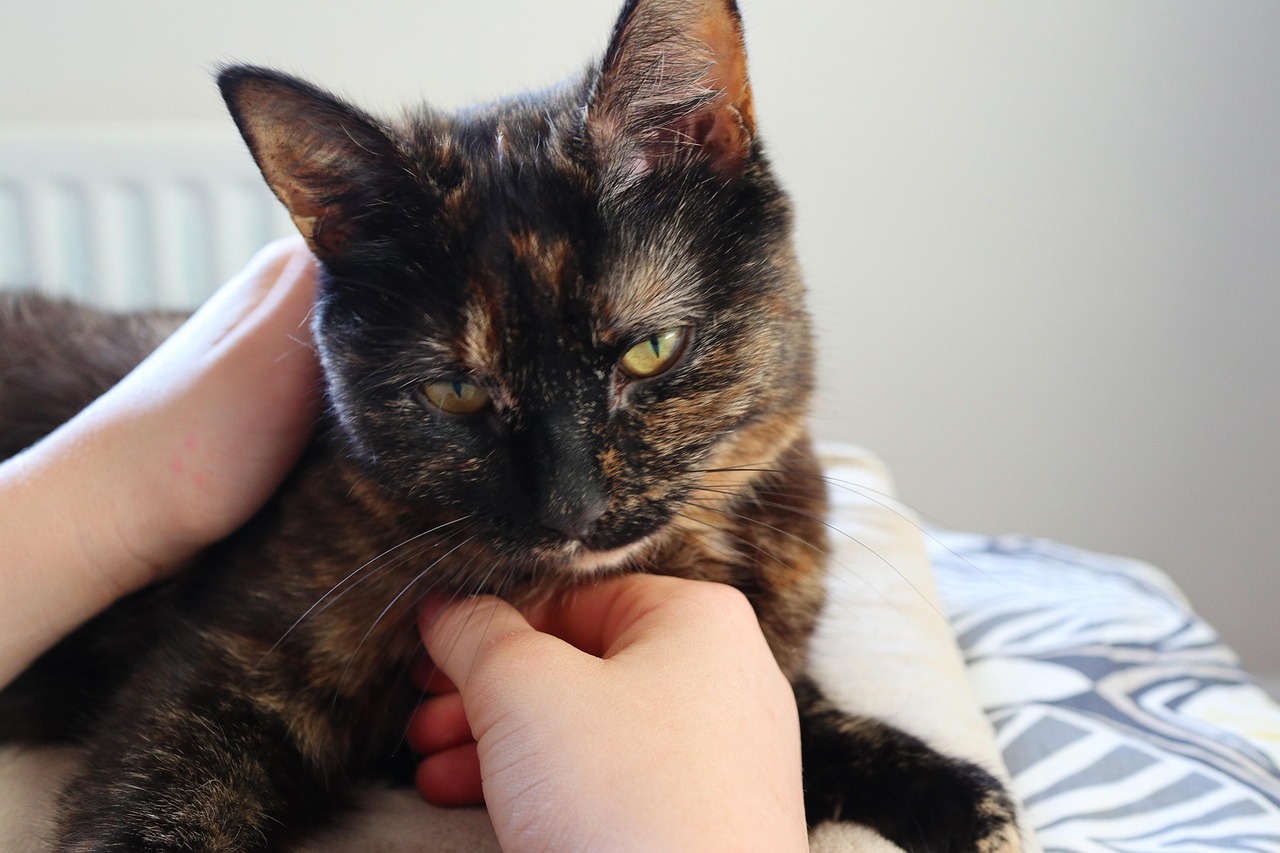
2. Over-petting past the “I’m done” point
When petting your cat, it’s important to look for the signs that they’ve had enough. Make sure to look for the signs, which will become easier to identify the longer you have your cat and the more time you spend together. Look for tail flicks, ear turns and skin ripples. All are signs that petting time is officially over.
3. Staring, looming, or chasing with a phone camera
Any owner (myself included) can’t deny a camera roll packed with a cat photos and while we simply need new ones every day, however the camera flash is known to cause stress and increase anxiety levels. Similarly, prolonged direct eye-contact and moving towards them can also read as a threat. Instead, experts recommend crouching to the level of the cat when approaching and never using a flash when talking those all-important social media photos.
4. Inconsistent routines
The research is constantly telling us different things; however the general consensus is that cats are creatures of habit and predictability to their routine reduces stress. It’s best to set simple anchors such as feeding times and changing their litter within the same period each day too.
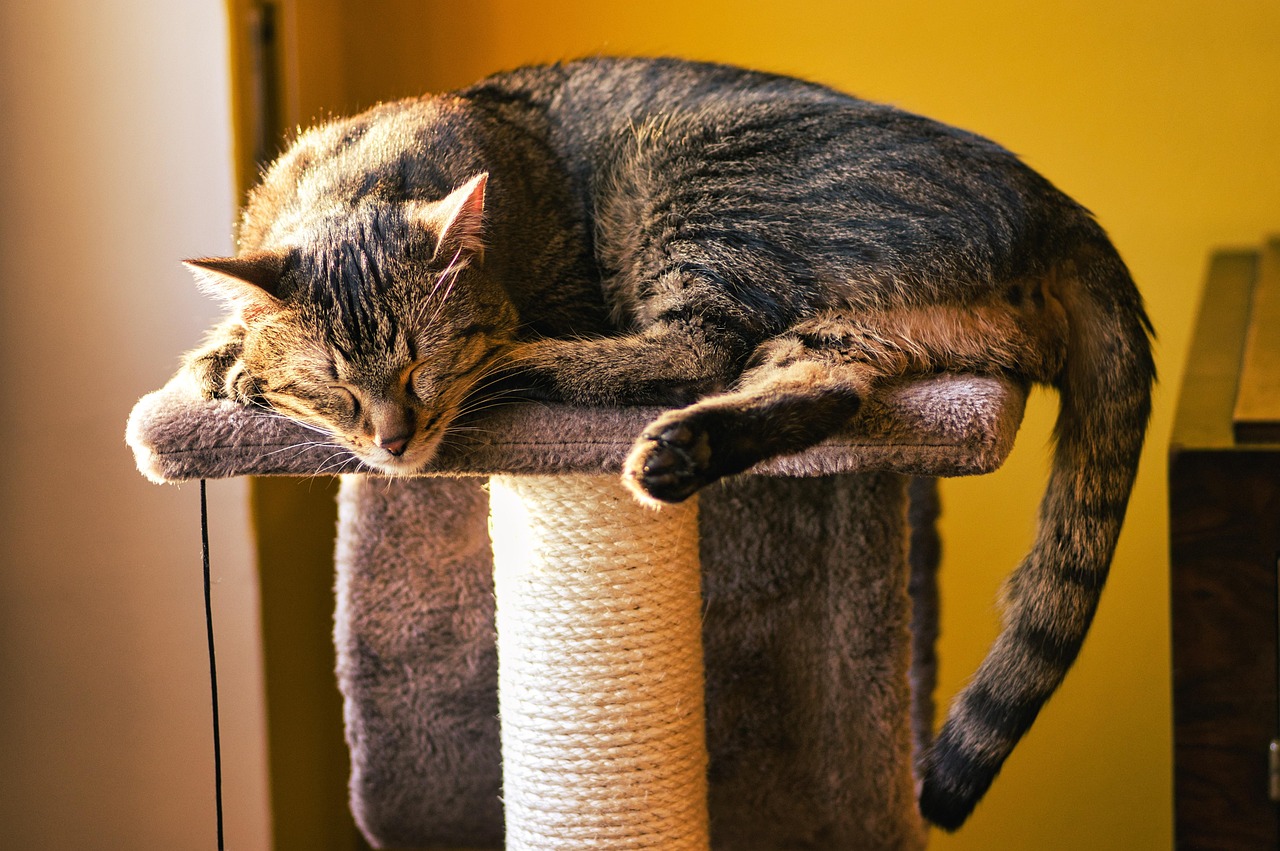
5. Moving their things or rearranging furniture overnight
A cat’s territory is a scent map; sudden changes can feel like lost control. To keep things calm and stress-free, change one thing at a time and ideally keep the cats personal affect (food bowls, scratching pole and bed) in the same place of you can.
6. Strong scents and cleaners
It’s common to forget that feline noses are far stronger than ours, so scents that you may not notice are actually incredibly powerful to them. It’s best to ventilate during and after cleaning. If you notice your cat avoiding their litter tray, sneezing near diffusers/candles and rubbing their face on the floor to mask a scent.; the chances are they are not too happy.
7. Closing doors to favourite rooms or perches
Stressing your cat out can be as easy as closing a door or denying access in other ways. Reduced territory means fewer escape routes. If you do need to close a door, provide a comparable perch or hiding spot in the accessible area.
8. Using your hands as toys / rough play
As easy as playtime can get out of hand, it’s best to avoid ditching the toys in favour of a bare hand. Your cat will see it as fair game which can escalate into painful bites and swats. Instead stick to the fishing-pole with feathers, stuffed mice and laser pens.
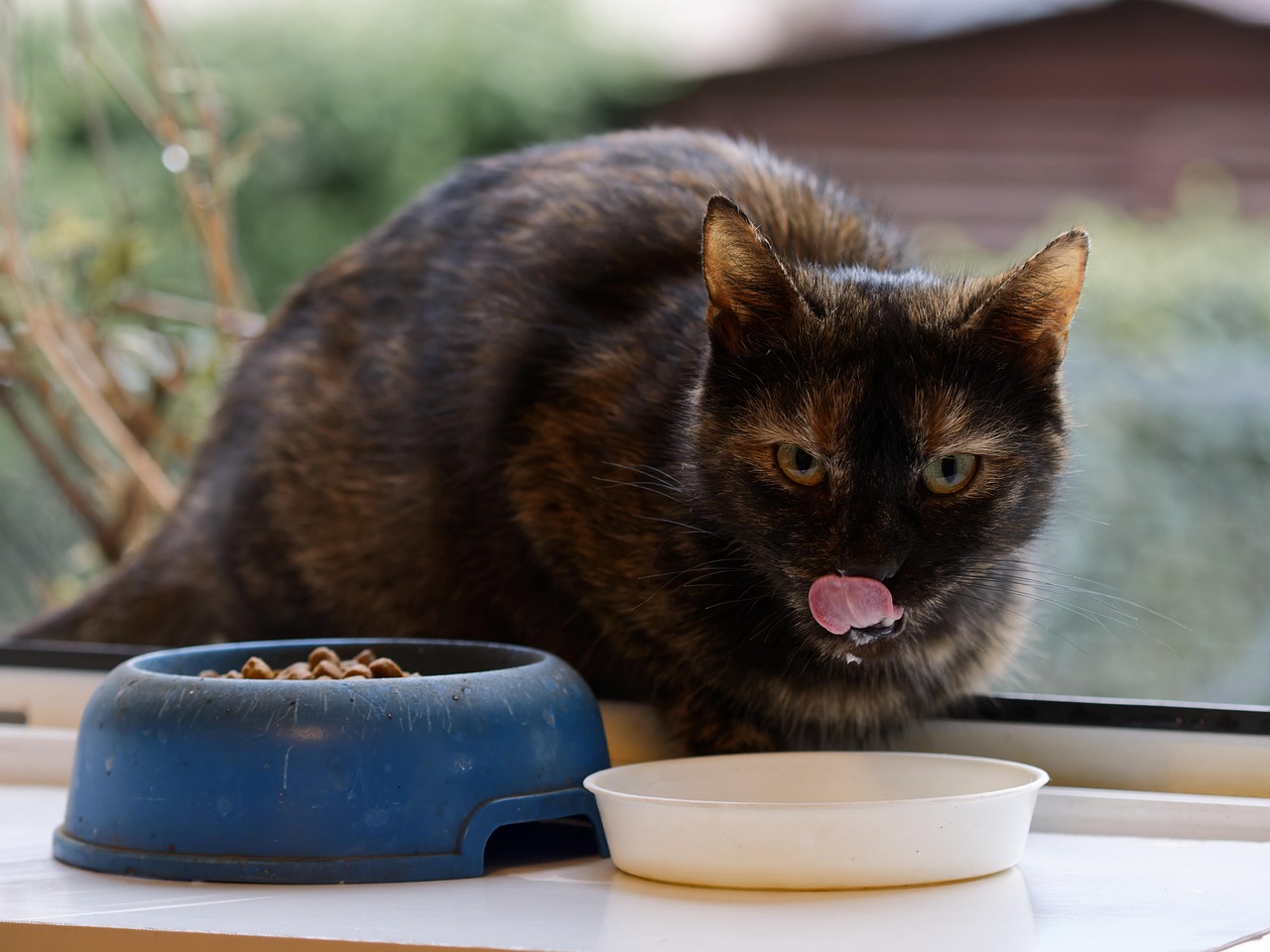
9. Abrupt food or litter changes
While variety is good in every diet, sudden switches are known to result in refusal to eat and the incentive to catch food elsewhere. Instead, transition a change of food over 7-10 days with increasing amounts of the new food. During this period, it’s best to look for a reduced appetite to see if the transition is positive. For litter brand changes, add a second box with the new type and blend gradually.
10. Punishing, shouting, or forcing costumes/baths
Punishing can increase anxiety and damage trust; restrictive outfits and forced baths take away any control your cat has which will not be well received. Instead, redirect and reward the behaviour you ‘d like. We recommend never dressing your cat in a costume and avoid bathing unless it’s absolutely necessary

